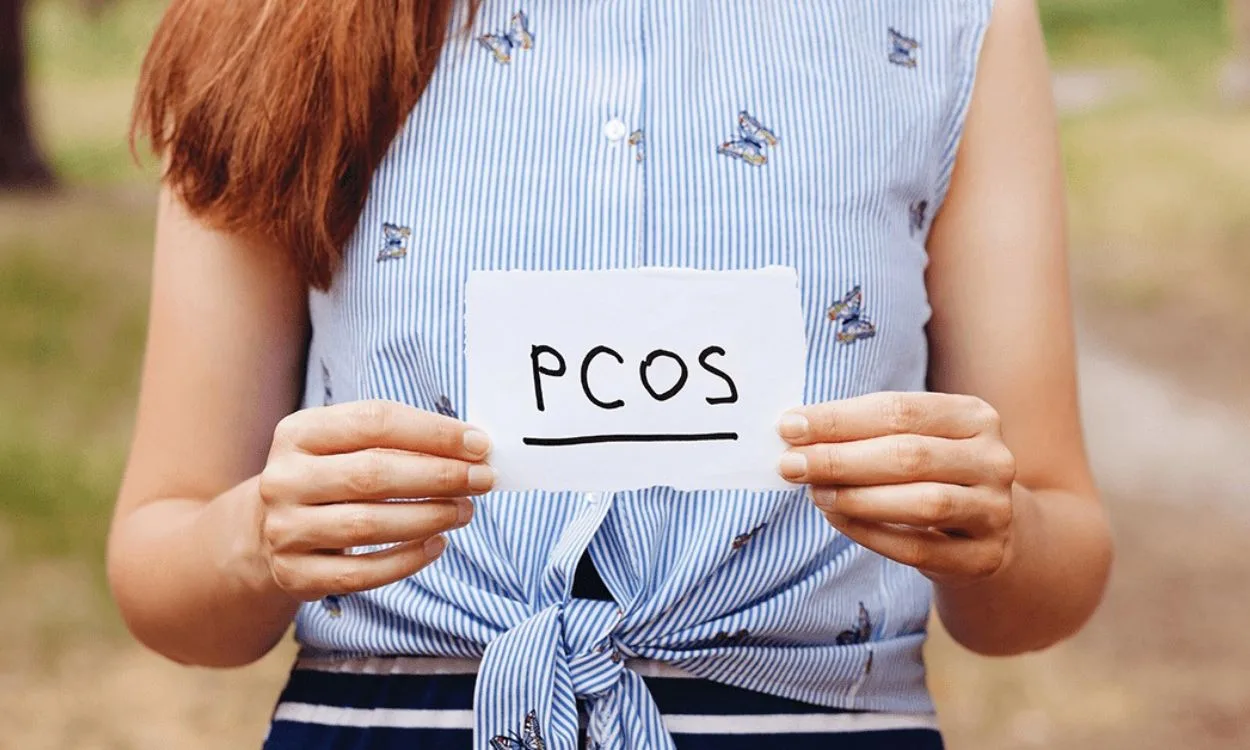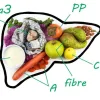What strategies can help me manage PCOD
Introduction
Polycystic Ovary Syndrome (PCOS), also known as Polycystic Ovary Disease (PCOD), is a common hormonal disorder that affects women of reproductive age. It is characterized by irregular menstrual cycles, hormonal imbalances, and the formation of small cysts on the ovaries. PCOD can lead to various health complications, including infertility, obesity, and an increased risk of developing type 2 diabetes and cardiovascular diseases. However, with the right strategies and lifestyle changes, PCOD can be effectively managed. In this article, we will discuss some strategies that can help women with PCOD improve their symptoms and overall well-being.
1. Maintain a Healthy Diet
- Opt for a low glycemic index (GI) diet: Foods with a low GI, such as whole grains, vegetables, and legumes, help stabilize blood sugar levels and reduce insulin resistance, which is a common symptom of PCOD.
- Consume a balanced diet: Include a variety of nutrient-dense foods in your meals, such as fruits, vegetables, lean proteins, and healthy fats. This can help regulate hormone levels and support overall health.
- Limit processed foods and refined sugars: These can exacerbate insulin resistance and contribute to weight gain. Choose whole, unprocessed foods whenever possible.
- Consider a low-carbohydrate diet: Some studies suggest that a low-carb diet may improve insulin sensitivity and help with weight loss in women with PCOD. Consult with a healthcare professional or a registered dietitian before making any significant dietary changes.
2. Regular Exercise
- Engage in aerobic exercises: Activities like brisk walking, jogging, cycling, or swimming can help improve insulin sensitivity, aid in weight management, and reduce the severity of PCOD symptoms.
- Incorporate strength training: Building muscle mass through strength training exercises can increase insulin sensitivity and enhance metabolism, promoting better overall health.
- Practice yoga or Pilates: These mind-body exercises can help reduce stress levels, improve hormonal balance, and enhance overall well-being.
- Aim for at least 150 minutes of moderate-intensity exercise or 75 minutes of vigorous-intensity exercise per week, as recommended by the World Health Organization.
3. Weight Management
- Achieve and maintain a healthy weight: Losing excess weight can help improve hormonal balance, regulate menstrual cycles, and reduce insulin resistance. Consult with a healthcare professional or a registered dietitian to determine a healthy weight goal and develop a personalized weight loss plan.
- Focus on gradual and sustainable weight loss: Crash diets or extreme weight loss methods can disrupt hormone levels and have negative long-term effects on overall health.
- Seek support: Joining a support group or working with a healthcare professional who specializes in PCOD can provide guidance, support, and accountability on your weight management journey.
4. Stress Management
- Practice stress-reducing techniques: Chronic stress can worsen PCOD symptoms. Incorporate stress management techniques such as meditation, deep breathing exercises, mindfulness, or engaging in hobbies and activities that bring you joy.
- Get enough sleep: Aim for 7-9 hours of quality sleep each night. Prioritize good sleep hygiene practices to ensure restful sleep and optimize hormone regulation.
5. Medical Treatment and Support
- Consult a healthcare professional: If you suspect you have PCOD or are experiencing symptoms, it is essential to seek medical advice for an accurate diagnosis and appropriate treatment plan.
- Medications: Your healthcare professional may prescribe medications such as oral contraceptives, anti-androgen medications, or insulin-sensitizing drugs to manage PCOD symptoms.
- Regular check-ups: Schedule regular follow-up appointments with your healthcare professional to monitor your progress, adjust treatment plans if necessary, and address any concerns or questions you may have.
The Fitpaa App – Your Companion in PCOD Management
Managing PCOD can be challenging, but with the right support and guidance, it is possible to improve your health and well-being. Fitpaa, a comprehensive health and fitness app, offers a personalized approach to PCOD management, tailored to the needs of the Indian population. Here’s how Fitpaa can assist you:
- Metabolism Assessment: Fitpaa’s advanced technology helps identify the root cause of your PCOD symptoms by assessing your metabolism. This information enables the development of a personalized plan to address your specific needs.
- Fitpaa Capsule: Based on your metabolism, health, and fitness goals, Fitpaa’s expert team of fitness coaches, nutritionists, and doctors creates a personalized Fitpaa Capsule. This capsule combines medical therapy, exercise, nutrition, and cognitive behavior therapy to optimize your metabolism and support your PCOD management journey.
- Real-time Guidance: Fitpaa’s mobile app provides real-time guidance throughout the day, incorporating habit-building techniques and timely nudges to keep you motivated and on track. It also offers tools such as a virtual workout trainer, diet tracker, and performance tracker to make following your personalized plan easier.
- Expert Support: Fitpaa provides unlimited consultations, daily follow-ups, and weekly reviews by a team of fitness planners, nutritionists, fitness trainers, and doctors. This ongoing support ensures that your progress is regularly monitored, and necessary adjustments are made to your plan as needed.
- Trust and Guarantee: Fitpaa’s goal-oriented service comes with a 100% guarantee. If you follow your Fitpaa Capsule and do not achieve the promised results, you’ll receive a full refund. Fitpaa is committed to your success and well-being.
Conclusion
Managing PCOD requires a holistic approach that includes a healthy diet, regular exercise, weight management, stress reduction, and appropriate medical treatment. By implementing these strategies and seeking support from healthcare professionals, you can effectively manage your PCOD symptoms and improve your overall health and well-being. With the assistance of Fitpaa’s comprehensive health and fitness app, tailored specifically for the Indian population, you can receive personalized guidance and support on your PCOD management journey. Take the first step towards a healthier and happier life by downloading the Fitpaa app today.









